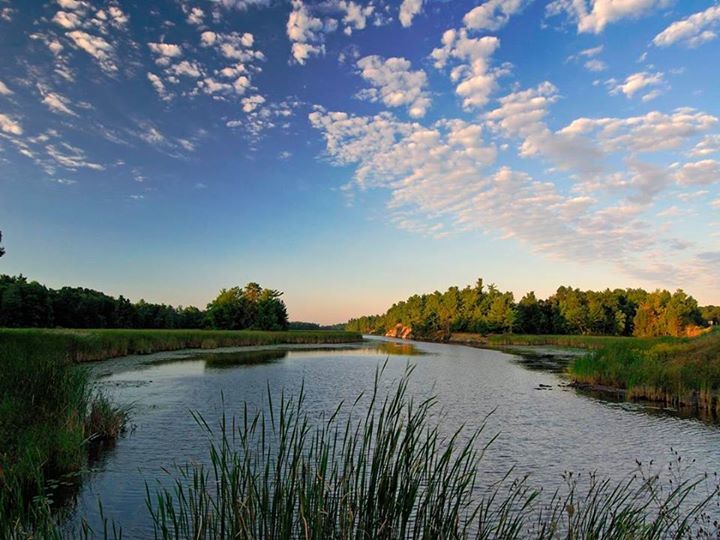Responsible Infrastructure Should Not Sacrifice Clean Water | Dive Into Democracy
By: Larissa Liebmann

On Monday, February 12, the Trump Administration released its “framework for rebuilding infrastructure in America.” Instead of a much-needed fix for our nation’s vital infrastructure, this proposal is in many ways a polluter wish-list. For the time being, it seems unlikely that Congress will act on this infrastructure proposal as a whole, due to a variety of concerns with the plan. However, many of the environmental rollbacks proposed by the “infrastructure plan” could be advanced by Congress in a piecemeal manner through different bills.
President Trump’s infrastructure plan includes proposals that would weaken the Clean Water Act (CWA), a landmark law designed to protect United States’ waters from pollution. This includes weakening the backbone of the CWA, the National Pollutant Discharge Elimination System (NPDES) permit. Under the CWA, it is illegal to discharge pollutants into waterways, unless the polluter complies with the terms and conditions of an NPDES permit that limits the types and amounts of pollutants that may be discharged. The infrastructure plan proposes lengthening the maximum term of the permit from five to fifteen years, and suggests that permits should automatically renew in some instances. The CWA was designed to improve water quality by requiring companies that receive an NPDES permit to follow more stringent pollution limits over time. By undermining the CWA, this plan would lead to more pollutants in our waterways.
The plan also proposes to limit states’ authority to protect their waterways. Section 401 of the CWA gives states the power to review any proposed project that requires a federal permit. By reviewing a proposed project, the state can include conditions within the federal permit to assure that it will not violate state water quality requirements. States have used this power in the past to prevent the construction of fossil fuel pipelines that would hurt waterways. The infrastructure plan proposes limiting the already short timeframe for states to review permits under Section 401, which means that states will have less time to make well-informed decisions.
Furthermore, the Trump Administration wants to make it easier for companies to dredge and deposit fill materials into waterways — activities that destroy wetlands and swamps and significantly alter other waterways. The plan proposes significantly limiting federal oversight over “dredge and fill” permits, which could lead to more destructive projects moving forward.
The infrastructure plan also targets the National Environmental Policy Act (NEPA), which ensures that decisions made by federal agencies are well-informed and transparent. The Trump Administration has been wrongly blaming this environmental review process for holding up infrastructure projects. The plan continues this faulty narrative, proposing arbitrary and harmful deadlines and making it harder for the public to challenge inadequate environmental reviews.
Lastly, the Trump Administration’s infrastructure plan completely ignores the significant infrastructure challenges posed by climate change. It does not mention the words “climate,” “resilience,” “adaptation,” or “disaster,” and excludes any infrastructure related to renewable energy or modernizing our electric grid. Ignoring climate change and its impacts will lead to wasteful and potentially dangerous infrastructure build-out.
Congress needs to know that the public supports investments in responsible, sustainable infrastructure — which means not sacrificing our environmental and health protections. This week, we are asking you to call your Members of Congress and tell them that you oppose President Trump’s Infrastructure proposal:
“My name is [YOUR NAME] and I am a resident of ZIP code [ZIP CODE] in [STATE]. I am calling because I am concerned about President Trump’s Infrastructure Plan. This plan includes proposals to weaken important environmental laws. I support responsible, sustainable infrastructure investment. Furthermore, smart infrastructure investing must take into account the challenges posed by climate change. This means both planning for a clean and safe energy future and making sure infrastructure can withstand impacts from our changing climate. I ask that you oppose any bill that seeks to weaken our environmental laws and make sure that climate change is accounted for in any infrastructure bills considered by Congress. Thank you.”
[CongressLookup]